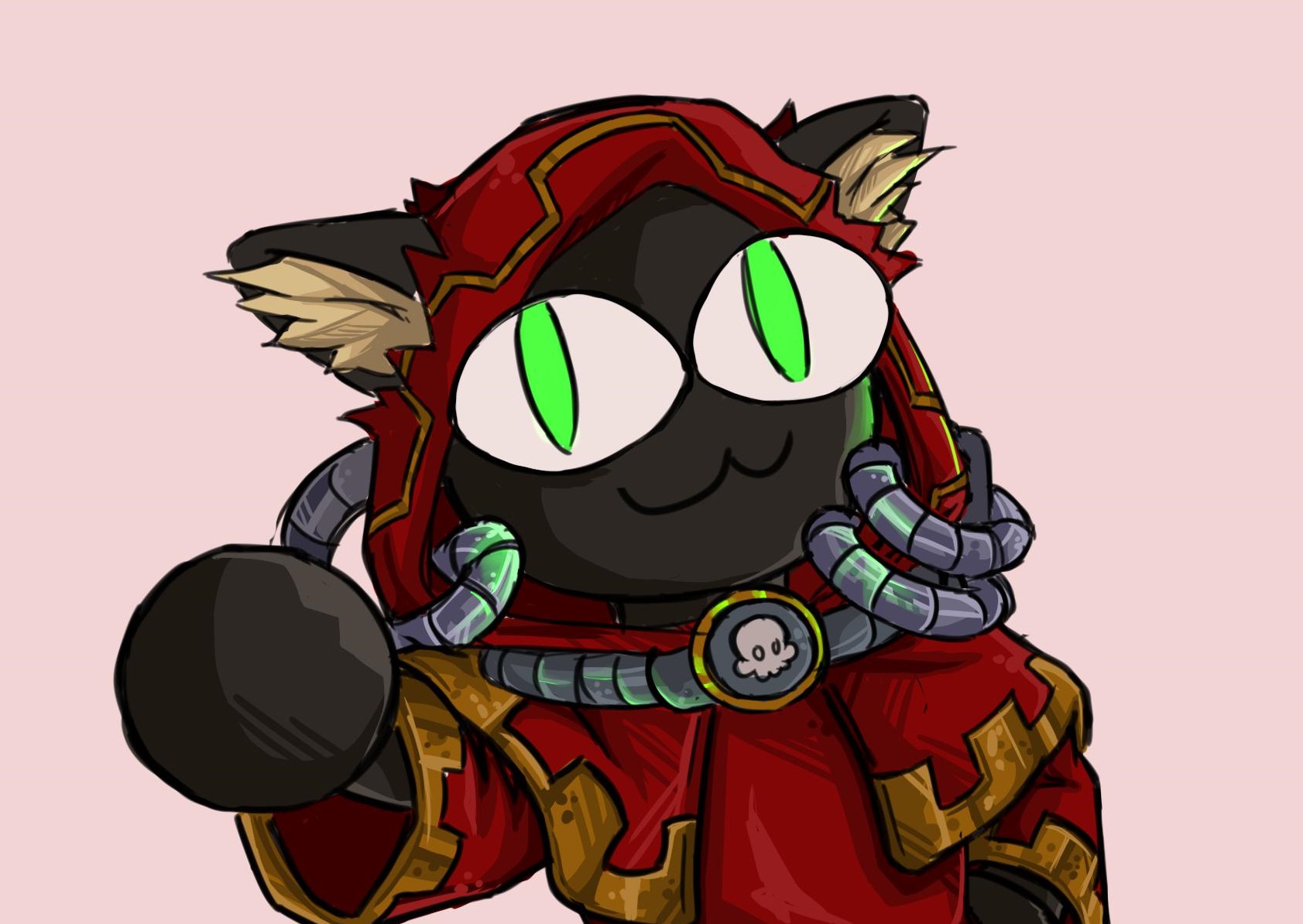Really look at GMless games like Ironsworn.
Lots of oracles. Mechanics that make the outcomes interesting (not failing and nothing happens, so keep trying until you succeed). Incentivize your character progression by making an interesting story, not by just killing monsters.
The mechanics of the game should drive all of that, not the solo player coming up with it.
At least if you’re doing this with a game that isn’t designed specifically to generate random content (or a module to that effect) you’re basically just writing a book and rolling dice to help you decide how some of the events turn out.
writing a book and rolling dice to help you decide how some of the events turn out
I love my solo rpg experiences and this description is kinda spot on. While not writing a book, the process is there. And even if the system has great ways to generate prompts for you it often ends up in the player’s hands. For example many Moves in Ironsworn have on the miss as an option “make the most obvious outcome happen”.
There is also an harshness dial often unmentioned, no comments on going (too) hard on the character. How hard to make the soft moves. So yet again the author is left in control.
Write the the game as a series of gamebooks written in the “choose your own adventure” style of branching narrative . With skill checks and decisions , for the combats list the tactics the monster(s) will use and their stat blocks and include a battlemap and counters for the fight. Mechanically you can use any system you like for your game book , but something simple like D20 SRD rules should work well and be royalty free.
This is for my own game.



